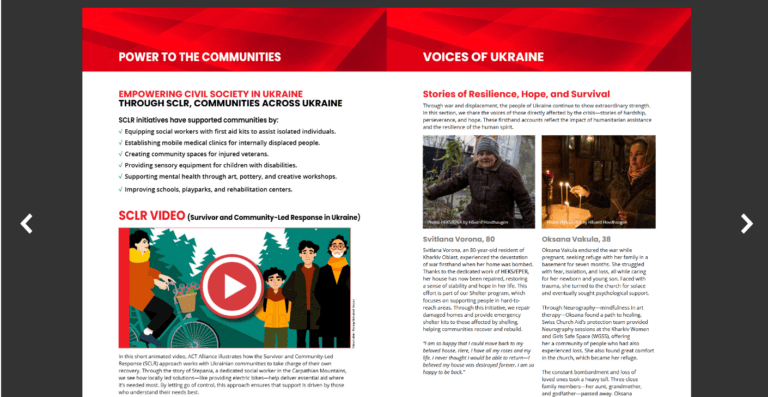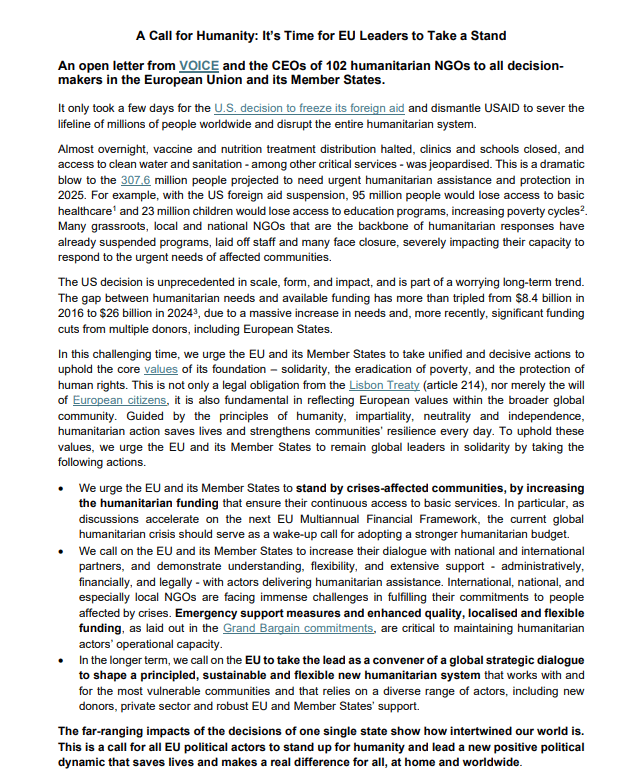On 20th June, the European Commission proposed a €10.5 billion increase to its seven-year budget, the multiannual financial framework (MFF).
Hikes to food and energy prices, higher interest rates, COVID-19 and the war in Ukraine have all put increasing strain on the MFF. Without a large cash injection, the EU won’t be able to fulfil its geopolitical ambitions, meet its global commitments, or respond to unforeseen crises.
The EU’s humanitarian aid budget needs a huge boost if it is to adequately respond to current global crises. Extreme poverty is increasing for the first time in a generation, global hunger is on the rise, and some 150 million children worldwide are chronically malnourished or stunted. Meanwhile, climate change is robbing whole communities of their livelihoods, and endangering the lives of millions. By the end of 2023, an estimated 362 million people – one in every 22 people worldwide – will need humanitarian aid.
Given these pressing needs, the European Commission’s proposed increase of €10.5 billion is the bare minimum needed to keep the institution relevant on the world stage.
The revision of the MFF must deliver the additional resources and flexibility necessary to protect the EU’s leadership, credibility, and influence.
Together with other EU NGOs, ACT Alliance EU supports the Commission’s proposal to top up its Neighbourhood, Development and International Cooperation Instrument, and Humanitarian aid budgets, in a review of the MFF.
We therefore call on Member States and the European Parliament to:
- Reinforce the emerging challenges cushion and prioritise investments in global challenges
- Ensure migration spending enhances the benefits of migration for development and building resilience.
- Provide additional funding for the humanitarian budget line and ensure the SEAR is fit for the future.
- Fully equip the Flexibility Instrument to respond to unforeseen needs.
Read the NGO analysis of the European Commission proposal.



